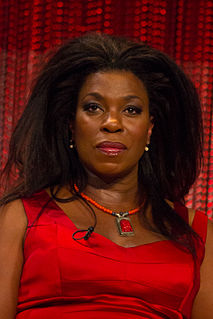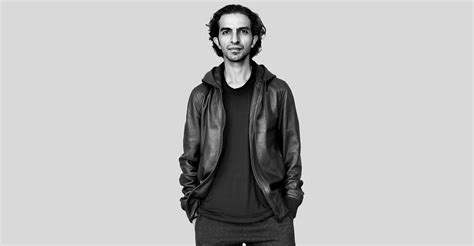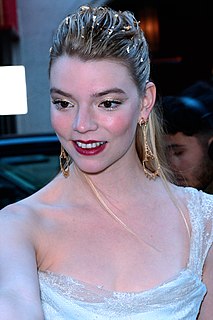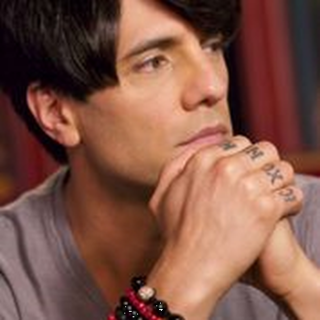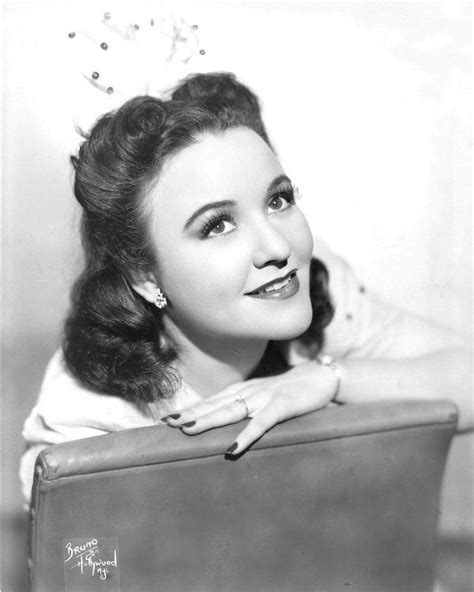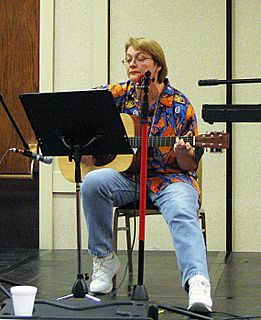A Quote by Lorraine Toussaint
We actors are superstitious creatures. We do all the homework and we put all of the components together, but there's always one key aspect that we're not in charge of, really, and that's magic. You are always on the lookout for where and how that magic is going to ignite. When you have worked as much as I have and have sought it out as often as I do, you get very clear that it will come at very, very odd, unexpected moments.
Related Quotes
I think casting is really important. Finding the right sensibility for the right part is an art in itself. If you're off there, you make it harder on yourself as a director. And it's fun to work that out with the actors. I don't think there's any magic to directing actors. It's very instinctual. Working with actors is really one of my favorite creative moments of the whole process, and the most fun, because it's collaborative. I spend a lot of time rehearsing. I'm very rehearsal-oriented, probably because I have some background in theater. I like knowing what will work beforehand.
There's a side of fashion that's very analytical and data-oriented and methodical, but there's also a side of it that's just like magic. You can't quite put your finger on it, and you can't quite describe or prescribe a formula for how to get that magic exactly, but when you feel it and when you see it,you know that's what it is. It's magic.
It's very exciting to take magic into a new direction, whereas a lot of times magic comes from a place of sort of ego, like, 'Look what I can do that you can't do.' It kind of comes across that way a lot, and you're always trying to challenge the magician; you're always trying to figure out how the magician is doing it.
A lot of people lose a sense of reality when they achieve success. That's a terrible danger because you have to remember who you were and who you are basically and that you're still a person and all that out there is a kin of magic - what people see out there is magic, it's media magic. It's not very real and it's very glamorous, but you have to keep a sense of you through it all.
What I learned about acting, from my experiences directing, is why so many producers and directors don't like actors. You go through all of this work securing a location, figuring out how to get electricity there, how to get trucks parked where they need to be, and where catering is going to come from. And if the actors don't come up with some magic, it actually didn't matter. That creates a lot of animosity towards the actors.
There is some confusion as to what magic actually is. I think this can be cleared up if you just look at the very earliest descriptions of magic. Magic in its earliest form is often referred to as “the art”. I believe this is completely literal. I believe that magic is art and that art, whether it be writing, music, sculpture, or any other form is literally magic.
You can just go to a magic shop or magic builder and buy what most magicians do, but that's not what I'm about. With 'Mindfreak' on television and 'Believe' live, I want to bring things that people have never seen before. That process is very difficult. It's very challenging, and you never know how long it's going to take - months or years.
I write some crappy songs. ... but every once in a while I get just the right words put together for the right moment, and it feels like magic. There is no explaining the magic. It floats in and then just like that, it floats out. There's no amount of money that will buy magic. I've watched myself try to coax it, but it is only when I relax and totally allow magic to envelop me that it has ever been kind.
